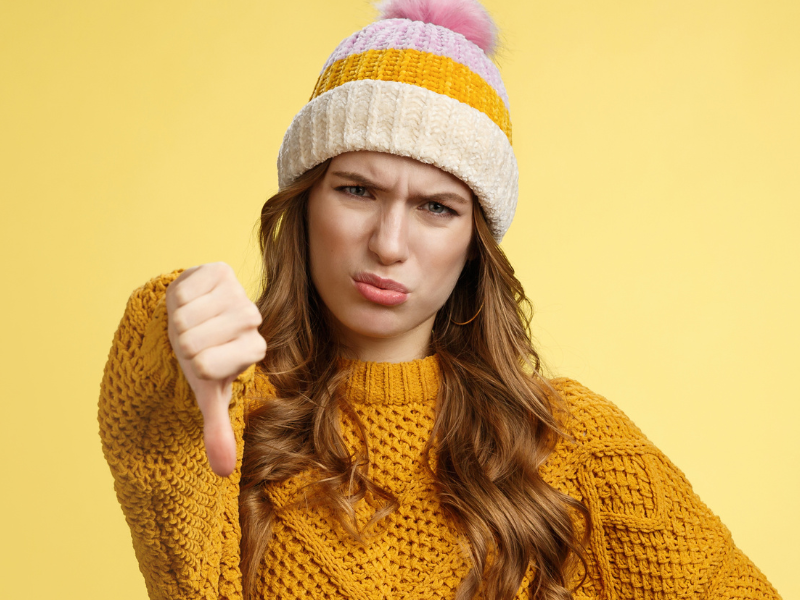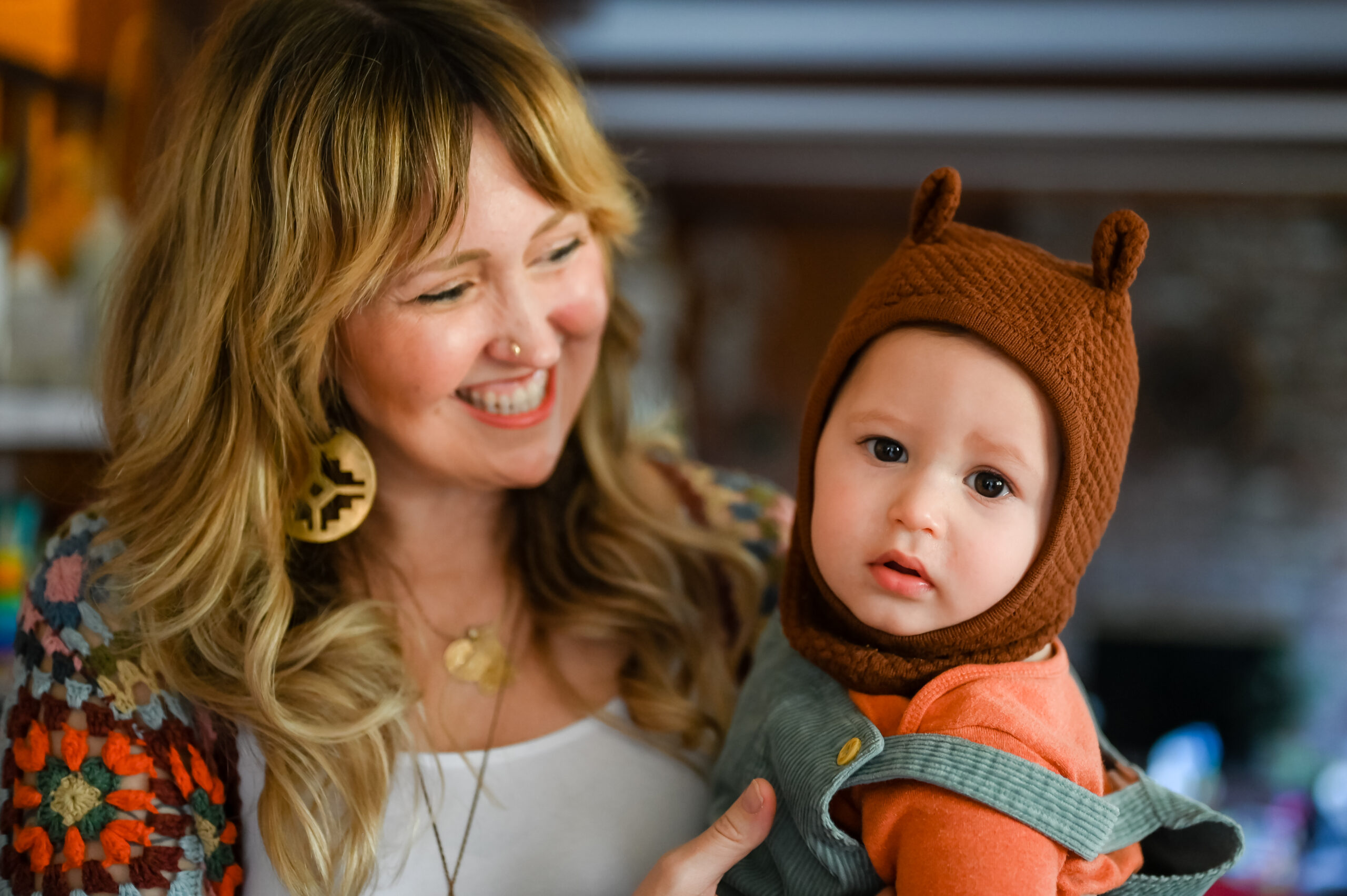Do you have a sense of how your diet and exercise contribute to your wellbeing and mood?
Many of the clients that I see complaining of anxiety, depression, lethargy, or sleeplessness are surprised when I ask about their food and caffeine intake. It’s not that they don’t care what goes into their body, but oftentimes they’re unaware of how what they eat and drink is affecting their system.
A therapist friend of mine was having low level anxiety in the morning that got so bad on BART one day that she had to get off the train and get some air. When I checked in with her about her caffeine intake, it was like a lightbulb went off. The morning of her panic on the train, she’d had a cold brew coffee, which has WAY more caffeine in it than just a shot of espresso! With a small adjustment to black tea instead of coffee, her system was much more balanced, and the anxiety became much more manageable.
Very small adjustments to your diet can help on a physical and metaphysical level: when your body isn’t using a ton of energy to break down food and drink that is difficult to digest like red meat, bread, sugar, and alcohol, it leaves more energy for you to metabolize the various other things that are going on in your life. With more energy available to you, you can tackle what you wouldn’t have if you were feeling sluggish and blah.
Recently, I started to work with a nutritionist who has really made me step up my nutrition game with these steps:
Reduce Your Caffeine Intake
For those of you prone to anxiety, I’m sad to say caffeine is not your friend! I know your morning coffee is delicious, but it also sets you up for a day that’s jittery and unsure, and a midday crash when your coffee wears off. If you’re having a hard time kicking the habit, start by reducing your intake; try one shot of espresso instead of two, or a small coffee instead of a medium. Weaning yourself onto black tea, then green, then herbal, is a good strategy as well.
Limit Your Sugar
This one can be really difficult, and it’s completely understandable. Sugar is highly addictive and it can be brutal to try to cut it out entirely. That’s why I say “limit.” Start small, like replacing the sugar in your morning tea with liquid Stevia (personally I think the liquid is better tasting than the powder). Stop drinking sugary drinks, like sports drinks, sodas, and juices. Small changes, one at a time, are barely noticeable, and before you know it you’ll have reduced your sugar intake a ton.
Take a Break From Alcohol
Included in the sugars category is alcohol, but with additional negative outcomes. Alcohol is a depressant, plain and simple. If you’re prone to depression, you may want to drink the pain away — but you’re actually making it worse.
I know it’s hard to be out with your friends and not drink if everyone else is drinking, but a great tip I’ve used time and time again is to get a sparkling water with a lime and a straw to sip on. If you have something non-alcoholic in your hand to drink, your brain will be lulled into not craving a drink, and you look like you’re drinking a gin and tonic, so there won’t be any awkward conversations about why you’re not drinking. But let’s be real, if your friends get on your case about not drinking, they’re probably not your friends.
Increase Real Foods
People don’t just say “whole grains” for nothing. When giving your body energy, give it in the best possible nutritional package that your body can use. Real food isn’t packaged, processed, or broken down for you already. Fresh fruit and vegetables, whole grains, and organic meats (and limited dairy) are the best way to get real energy your body can use. Like anything else, just add in more real food as you can.
When diet is improved, overall outlook and health is improved, which includes your mental health. Taking small steps and changing one thing at a time is something you can accomplish.






